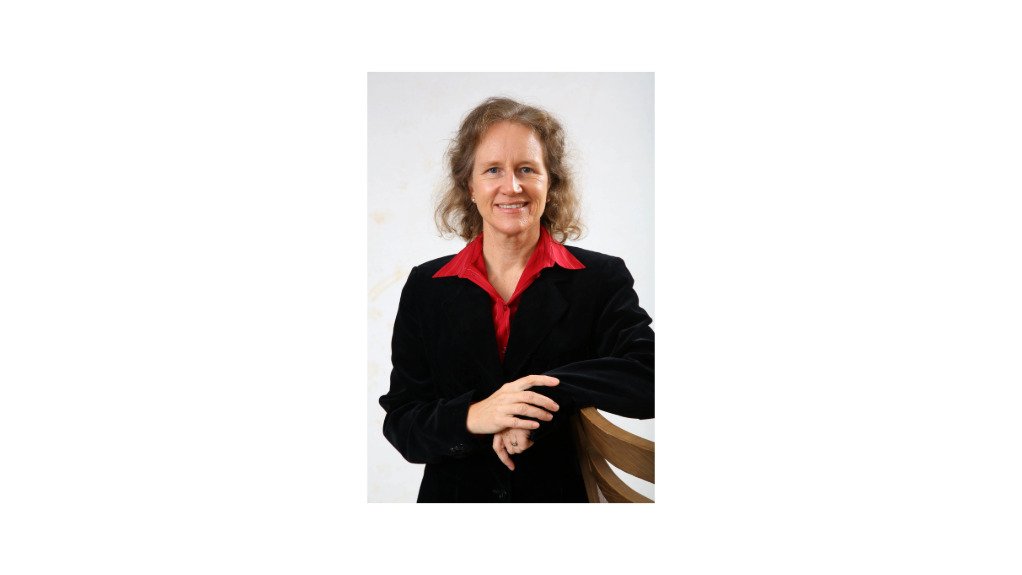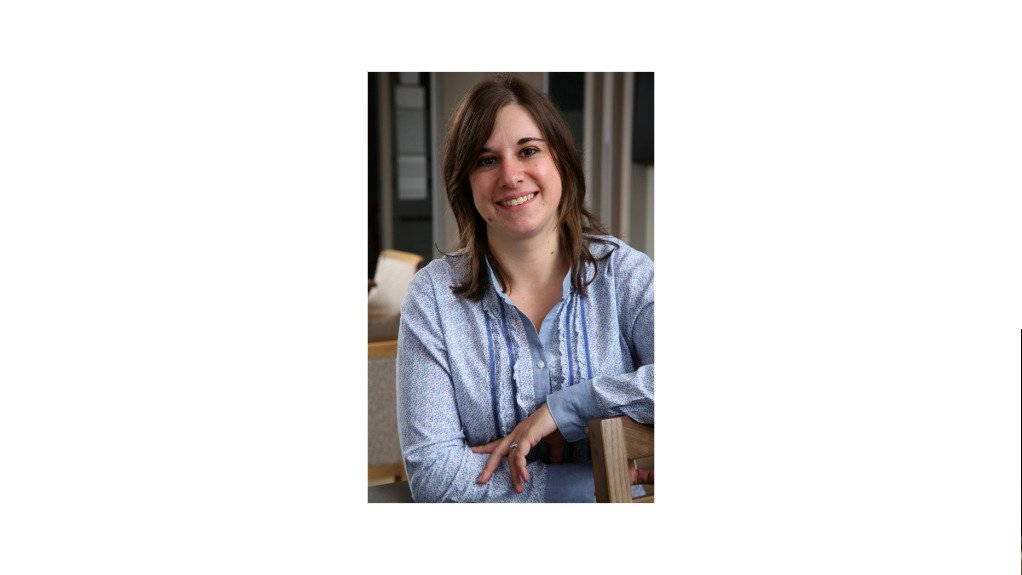
+27 11 441 1111
SRK House, 265 Oxford Road, Illovo, 2196, South Africa

Firm offers expertise on water use applications



AVRIL OWENS Structured and agreed upon communication protocols with DWS officials are vital
GUILIA BARR Collaboration between consultants and DWS officials ensures continuity
Global mining consultancy SRK Consulting hails the introduction of the Department of Water and Sanitation’s (DWS’s) Electronic Water Use Licence Application and Authorisation System (E-WULAAS). The company regards this as an important aspect of the water application process. This electronic system stores data and reports uploaded by prospective applicants and will assist the department in tracking and reviewing applications.
The firm highlights the key role consulting engineers and scientists play in the planning phase of the application process by sharing specific requirements regarding engineering, technical and specialist reporting, ensuring that stringent requirements are met.
SRK Consulting principal environmental scientist Avril Owens says that the application process requires consultants to work closely with officials from the DWS, and other technical specialists to conduct relevant studies and research. Apart for streamlining the application process, Owens adds that the department’s E-WULAAS replaces the printing, delivery and manual processing of application documents in the department’s regional offices.
Further, she stresses the importance of outlining and agreeing on specific departmental requirements at the beginning of the application process. “Structured and agreed upon communication protocols with DWS officials are vital, as they manage multiple applications which may impact on their availability to address ad hoc queries regarding specific project requirements associated with applications,” Owens argues.
In accounting for the change of case officers during applications, SRK Consulting senior environmental scientist Guilia Barr asserts that communication is key in bringing new case officers up to date, providing contextual information and assisting with the review and approval of applications within the adequate timeframes. She advises that the collaboration between consultants and DWS officials ensures continuity and avoids a misalignment of the department’s key requirements.
Barr adds that it is important to have specialist and technical integration workshops at key stages of a project to facilitate an understanding of specific project’s needs and challenges.
Owens and Barr note that specialist studies must take changes to the description of projects and design into account before proceeding with applications, as this could lead to complications if an application is already in process.
Further, given the prescriptive nature of the water-use licence (WUL) application process, the firm notes the relevance of sharing specialist and engineering information generated from projects to support the applications process.
“Once contact is made with the assigned DWS official for the specific WUL application, agree on which medium is best to communicate through, and how often progress on the application can be obtained,” says Owens.
The firm adds that the WUL application process is usually initiated in the prefeasibility stage of a project where there is often an inadequate amount of information to meet application requirements.
“It is advisable to start the WUL application process with a gap analysis and action plan to assess what information is available and to determine a suitable way forward including a detailed schedule and assigning roles and responsibilities to close identified gaps to meet the level of information required for the application,” Owens concludes.



